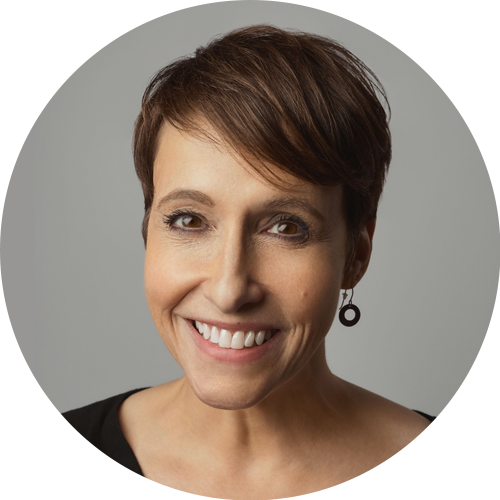As educators, we speak of the importance of being lifelong learners. The concept of already ‘being done’ with learning assumes that we are fully cooked and ‘complete’, yet the time of adulthood can be one of tremendous growth and development emotionally, psychologically and cognitively. Schools can and should be places where we learn, mature and develop as those who work and teach within them. We should always be on a learning edge in many aspects of our lives and to stretch and to engage with that edge should be a consistent practice – where we learn and unlearn.
Stretching at your edges requires work. This is what we mean by you finding your “learning edge”— working to see more, to hold more. It is acting out of your zone of proximal development—working on skills you are close to mastering (Vygotsky, 1978, p. 86).
Through stretching your learning edges, you will be able to:
We need a different orientation as the world and our work in education become more complex. We need to develop to become better educators and better human beings.
This work is for those who:
You are a:
No matter your role, your participation in the reflections and exercises in this work will help you expand your repertoire and skill set around five key facets of adult development and drill down into behaviors that we should all aspire to do well within our daily interactions.
In this video, Jennifer asked teens at a local high school to tell her what they want to learn from us about being an adult.
“What we need more than anything else is not textbooks but text people.”
-Rabbi Abraham Joshua Heschel
At this moment in time when things are so uncertain and so ever shifting, it is critically important that we strive to develop ourselves, not just as educators, but as human beings. What can we do to be bigger and better versions of ourselves as collaborative team members and as leaders? This workshop, based on Jennifer’s new book, Stretching Your Learning Edges: Growing (Up) at Work, will introduce us to adult developmental theory and to five focused ways we can develop ourselves at work.
We will build our skills to:
Join us to consider what it means, in practice, to grow (up) – to develop our skills and capacities as lead learners in our schools.
Through experiences together and in self-reflection we will:
Additional options can also be discussed. Find Jennifer!

I am a former high school English teacher and new teacher coach who discovered quickly that my credential in teaching students English did not cover how to speak effectively to adults, how to work effectively as a group member or how to be a professional. After twenty plus years in a school district in the United States with a decade and a half spent working closely with new teachers I developed an ever clearer awareness that while new teacher support focused on what happened in the classroom, what was happening outside the classroom—in meetings, in teams, in adult-to-adult discussions—was just as essential to the work in education. Yet, knowing how to be our best selves and modeling what it means to be an emotionally self-regulated, mature and respectful colleague was important for all of us no matter if we are in meetings with adults daily or a few times a week not to mention how important it is for our students, for the communities in which we serve, and others.
Since I left my former school district after 26 years in house, I have developed an independent communications consulting business. I have written books and moved into the role of facilitator, author, and speaker. And the idea of developing in adulthood, not just what it means to be a professional, but how to become a more developed human being, has become the focal point of my work ahead.